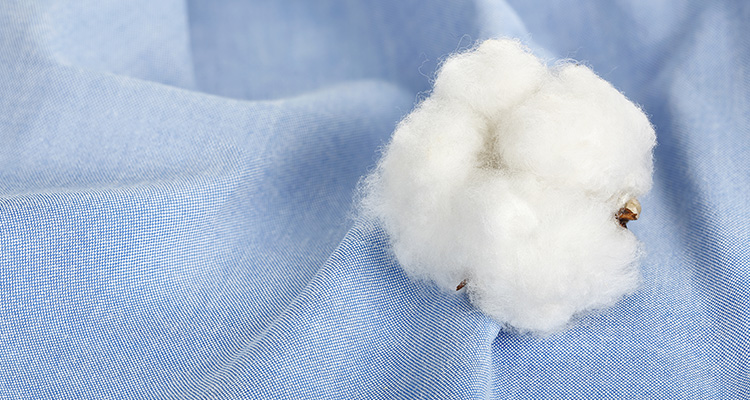There are many names for cotton yarn products, which can usually be classified according to the different raw materials used, spinning methods, spinning processes, product uses, and yarn thickness
Classification and names of yarn products
| Classification | The name of cotton yarn products | |
| Divided by raw materials | Pure cotton yarn, purified fiber yarn, cotton blended yarn, medium length blended yarn, etc | |
| Divided by spinning method | Ring spun yarn, rotor spun yarn, jet spun yarn, etc | |
| Classified by spinning process | Combed cotton yarn, combed cotton yarn, singed yarn, waxed yarn, cored yarn, patterned yarn, etc | |
| Divided by twisting direction | conveniently Yarn (S twist), backhand yarn (Z twist) | |
| Classified by product use | Machine woven yarn, knitted yarn, plush yarn, sewing yarn, decorative yarn, industrial yarn, etc | |
| Divide by yarn thickness | Extra fine yarn fine yarn Zhongte yarn Coarse yarn | 10 tex and below (60 units and above) 11-20 tex (58-29 English sticks) 21-30 tex (28-19 units) 32tex and above (18 units and below) |
The name, measurement, and raw materials of cotton spinning yarn
| classification method | classification | illustrate |
| According to the longitudinal structure and morphology of fibers | textured yarn | Elastic silk refers to the physical deformation and processing of long fibers, which gives them appearance consistency such as curling, spiraling, and looping, and improves elasticity, swelling, warmth retention, water absorption, coverage, texture, and luster |
| stretch yarn | It is divided into two types: low stretch and high stretch. The former has a compression elongation of about 50%, while the latter has a compression elongation of 200% to 400%. Both polyester and nylon can be processed into high or low elasticity yarn | |
| Classification by fiber cross-sectional morphology and structure | 1. Conventional cross-sectional fibers 2. Irregular fibers 3. Composite fibers | |
| Classification by fiber linear density | 1. Fine fibers 2. Ultra fine fibers 3. Ultra fine fibers 4. Ultra fine fibers | |
| Classification by fiber luster | 1. Light fiber 2. Semi extinction fiber 3. Matting fiber | Code B (Bright) Code SD (Semi Dull) Code D (Dull) |
Learn about the previous news article:Classification of commonly used chemical fibers

